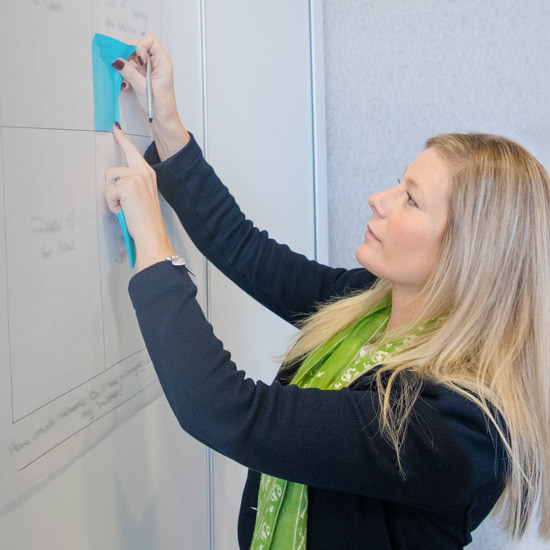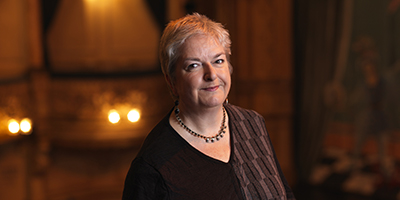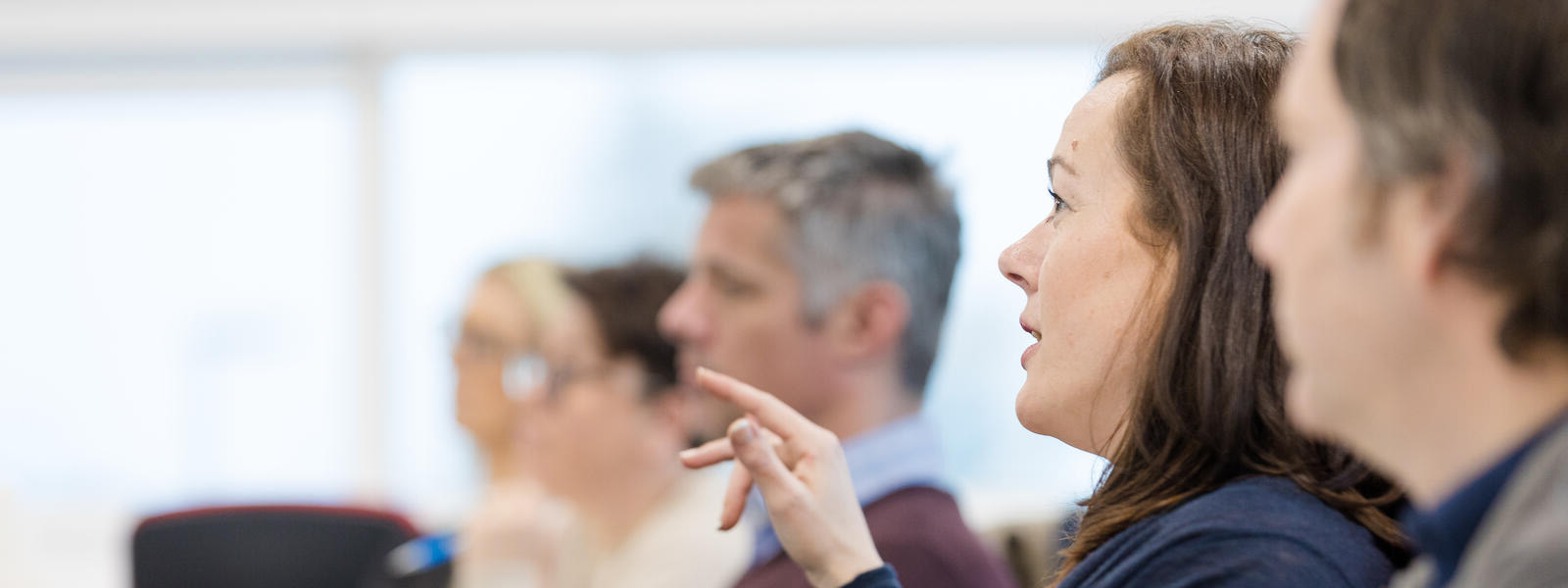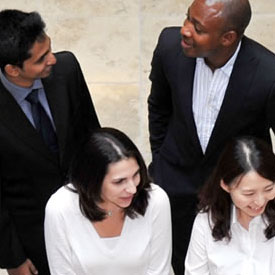
Business Model Innovation
Online peer-learning programme specifically designed to help Lancashire & Cumbrian SMEs innovate within their Business Model to build resilience and flexibility.

About the Programme
This is a historic programme that was funded by ERDF between 2014 and 2020. For further information about other business development opportunities please get in touch with us.
This programme is designed to help directors or owner-managers of Lancashire & Cumbrian SMEs. The programme breaks business modelling down into three components: Creating, Delivering and Capturing Value. You will visit each of these components in turn and use a blend of theories, models and practical activities to support you to build resilience and flexibility into your business model.
The three half-day sessions will enable you to:
- Articulate and understand value from your customer’s perspective, meeting functional, social and emotional needs
- Look at new, innovative ways in which you could deliver your value proposition to your customers
- Explore a variety of revenue models and income streams to increase resilience

Programme Elements
Participants will attend one half-day online session per fortnight, which includes a workshop, break-out sessions and offline activities. You'll participate in a range of activities to develop strategic thought processes and skills, and the focus on practical learning means there are no formal assessments.
Please note: This programme is aimed at ambitious leaders of established businesses who employ 3 or more members of staff.
The Benefits
The programme fully integrates into your business, so you will spend time actively working on your business not in it. The peer network provides the support and the University provides the challenge to your thinking and ways of working. The programme will provide you with the tools to develop a strategic approach to your business and ultimately generate the growth you need.
Blackpool Grand Theatre
Ruth Eastwood from Blackpool Grand Theatre speaks about how the Lancashire Covid-19 Response Programme benefitted her business.“This LUMS Programme allowed me to open up and share challenges with other business leaders about the impact that Covid-19 had been having on all our businesses. Since taking part in the programme, I have been able to work towards building a stronger and more resilient business model that has helped me deal with the challenges I was facing at the time and also begin to plan for the longer-term, against potential future crises.” - LUMS Covid-19 Response Programme.

"We know that time is precious for the businesses trying to get back on their feet after a turbulent few months so we have designed the programme to be as accessible and effective as possible. Now more than ever, SMEs need to stay alert to potential risks. While Covid-19 is around, and while issues like Brexit, climate change and seismic technological shifts affect us all, developing a culture of innovation around business models is invaluable for a prosperous, stable future." Ewan Pullan, Programme Manager

Costs & Apply
This programme is fully funded and available to businesses which are eligible under the European Regional Development Fund (ERDF) criteria, as follows:
- Based in Lancashire or Cumbria
- Employ fewer than 250 full-time equivalent (FTE) employees
- Annual turnover of less than €50 million (or the equivalent in GBP)
- Received less than €200,000 of de minimis State Aid in the last 3 years



